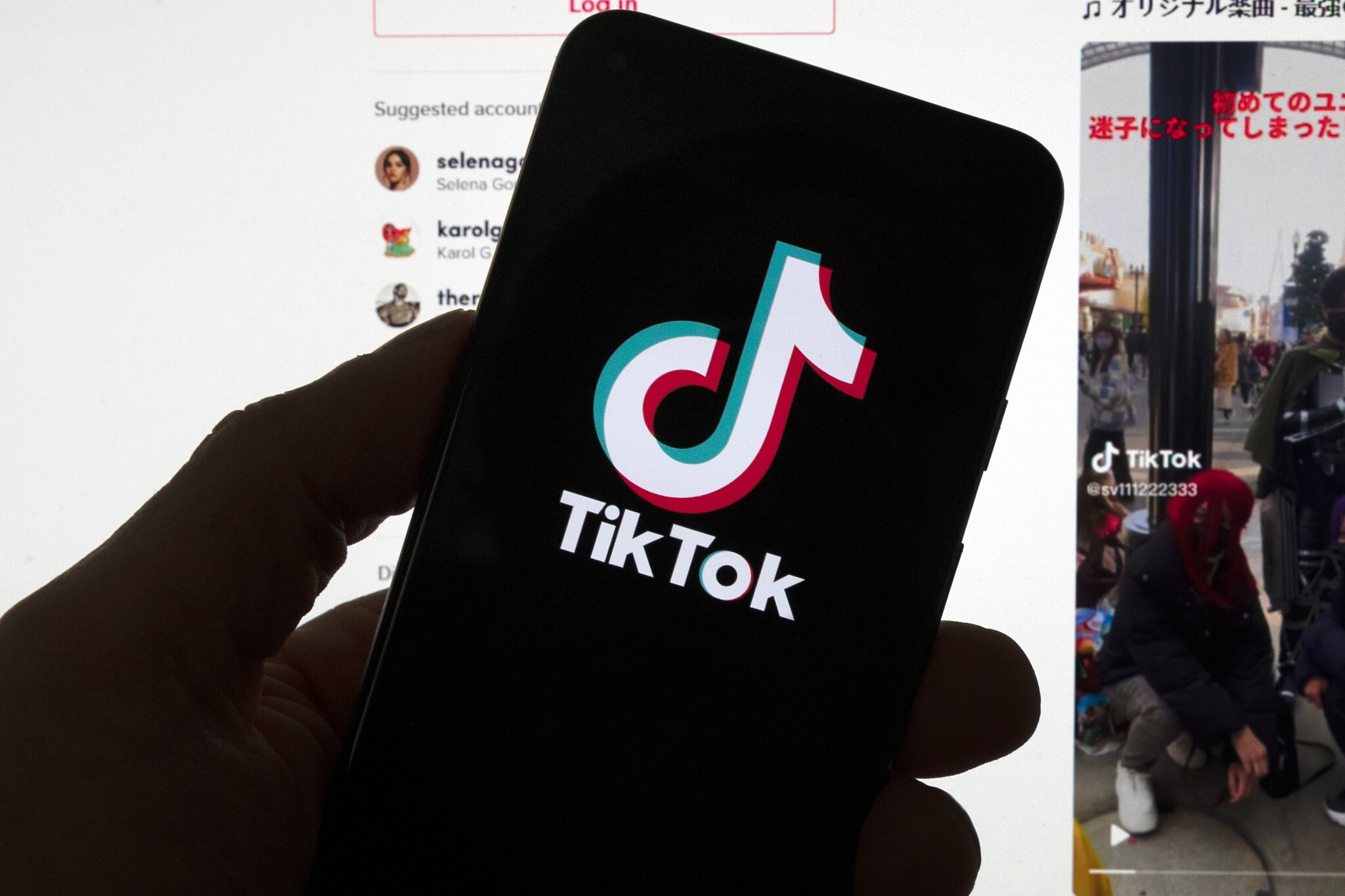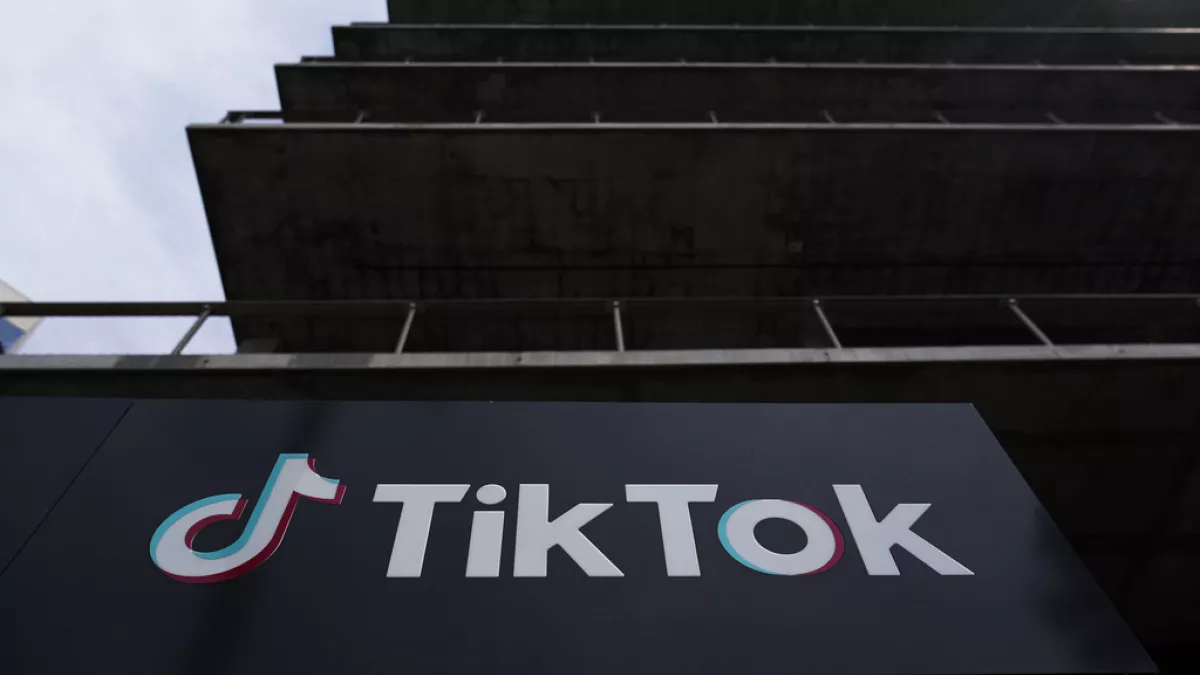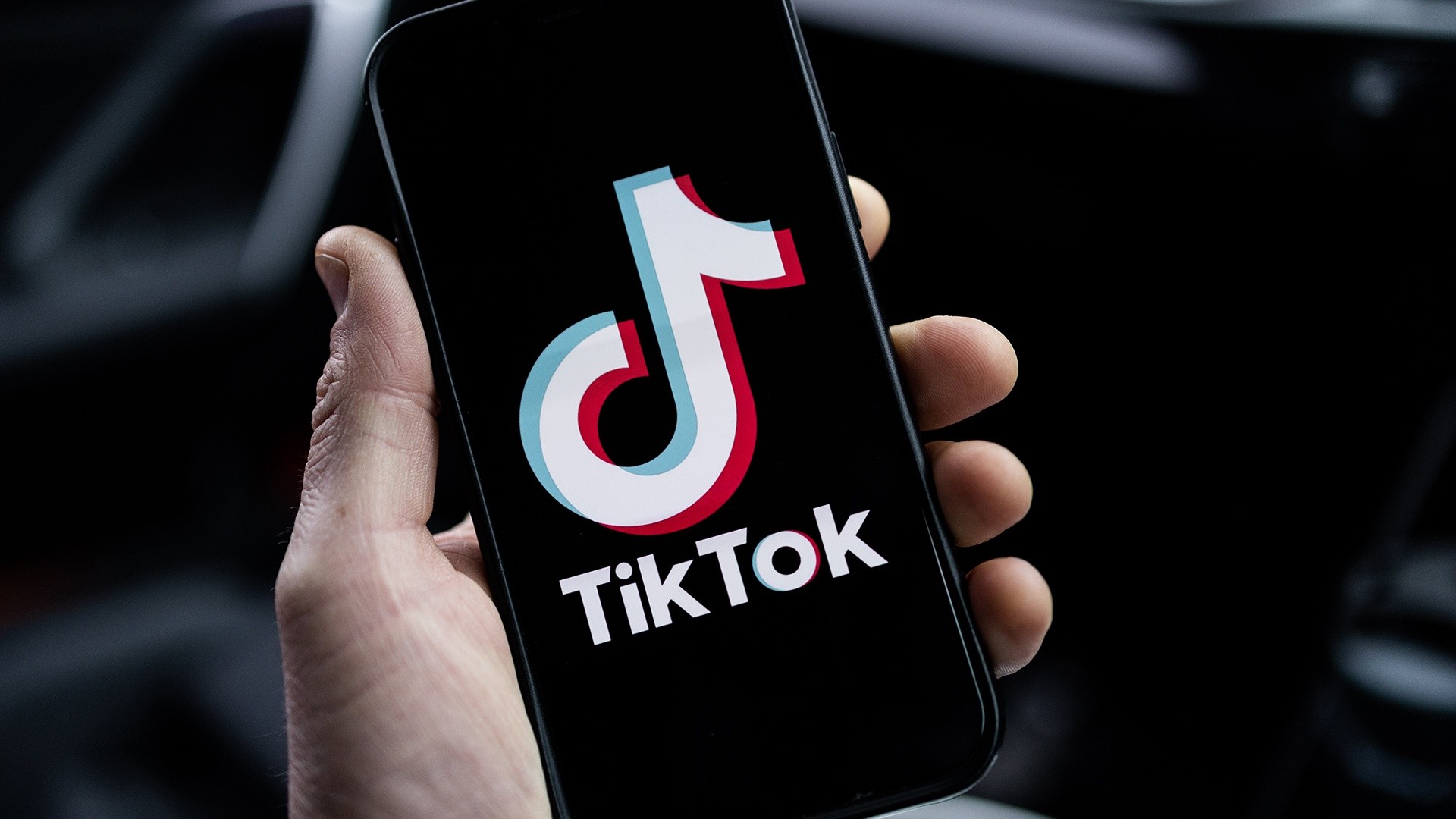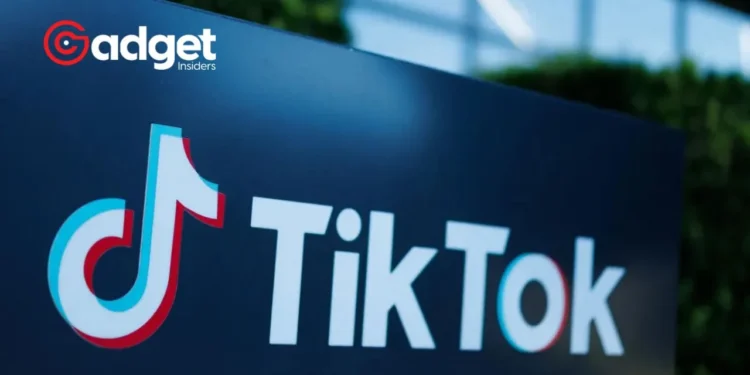In a move that has sparked widespread debate and concern, the House of Representatives took a decisive step by passing a bill targeting TikTok, the social media giant that has captured the hearts of millions across the United States. The bill lays down an ultimatum for ByteDance, TikTok’s parent company, mandating the sale of the platform to a non-Chinese entity or facing a total ban in the U.S.
This development marks a critical juncture in the ongoing saga between U.S. lawmakers and the digital platform, spotlighting the complexities of digital sovereignty and the global internet ecosystem.
The Heart of the Matter: Security Concerns vs. Digital Freedom
TikTok’s exponential rise since its inception in 2017, outpacing veterans like Facebook and YouTube in download charts, has been nothing short of remarkable.
However, this popularity has not come without scrutiny. U.S. legislators express unease over potential risks associated with TikTok’s Chinese roots, fearing data privacy infringements and content censorship aligned with Chinese government interests.
Despite the parent company ByteDance’s assurances of data protection, including routing U.S. user data through servers in Singapore and the U.S., the shadow of doubt lingers, fueled by incidents of ByteDance employees accessing U.S. user data.

Legislative Landscape: The Road Ahead for TikTok
The bill’s passage in the House by a resounding majority underscores the bipartisan apprehension towards TikTok’s operations. Yet, the true test awaits in the Senate, where the bill’s fate hangs in balance.
The proposition does not outright ban but offers ByteDance a narrow window to divest, a move some lawmakers see as a surgical strike against potential threats rather than a blanket prohibition.

The Public and Political Divide: Voices in the Fray
The discourse around TikTok’s future in the U.S. transcends mere legislative battles, tapping into deeper issues of free speech, economic impact, and cultural expression.
Opponents of the bill, including some notable figures within the House and digital rights advocates, argue that targeting the ByteDance app could set a precarious precedent, affecting not only the 170 million American users but also the broader digital landscape. They advocate for a more nuanced approach that addresses data privacy concerns without stifling digital freedoms.
The House passed a TikTok bill. Will the US really ban the app? https://t.co/x6xBQh8vsM
— McEwan 3.5% FBPE #BLM #GTTO #CitizenOfNoWhere,Woke (@McEwanMorton) March 15, 2024
Looking Forward: TikTok’s Strategic Counter
As TikTok navigates through these legislative challenges, the platform is not sitting idle. With intensified lobbying efforts and public appeals, the social media app aims to sway opinion and secure a favorable outcome.
The platform’s CEO, Shou Zi Chew, is actively engaging with lawmakers, striving to present TikTok’s case and mitigate concerns over data privacy and governance.
A Crossroads for Digital Policy and Innovation
The unfolding scenario presents a pivotal moment for U.S. digital policy, testing the balance between national security interests and the principles of an open, interconnected internet.
As the debate rages on, the outcome will not only determine TikTok’s fate but also shape the future landscape of digital communication and commerce. With a potential Senate vote on the horizon, all eyes are on Washington as it grapples with these complex, far-reaching issues.

In this digital age, the TikTok saga underscores the intricate dance between innovation, governance, and the unwavering spirit of online communities.
As the story evolves, it promises to be a testament to the resilience of digital platforms and the enduring quest for a harmonious digital ecosystem that safeguards both security and freedom.









